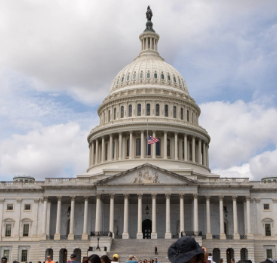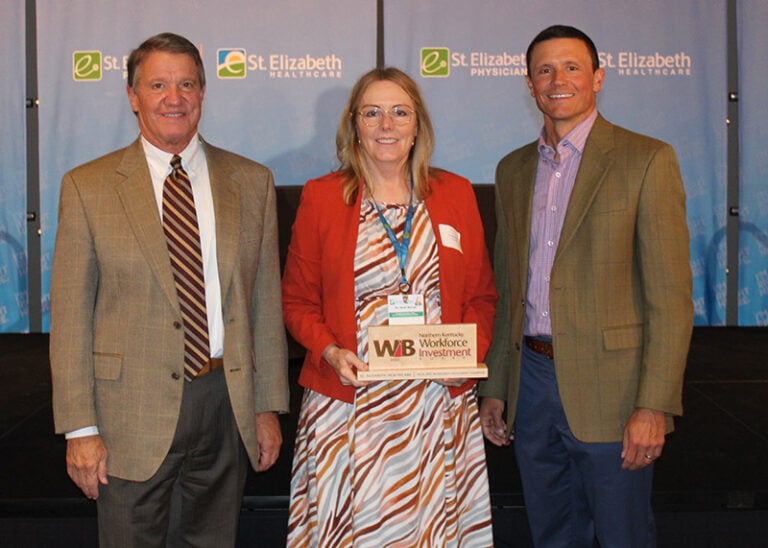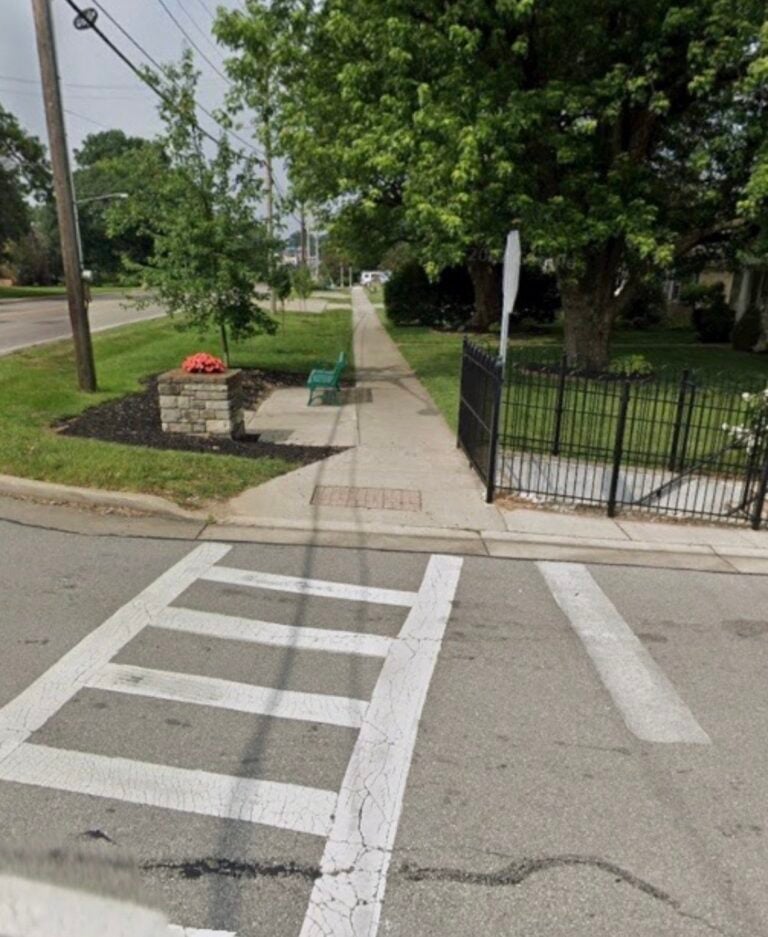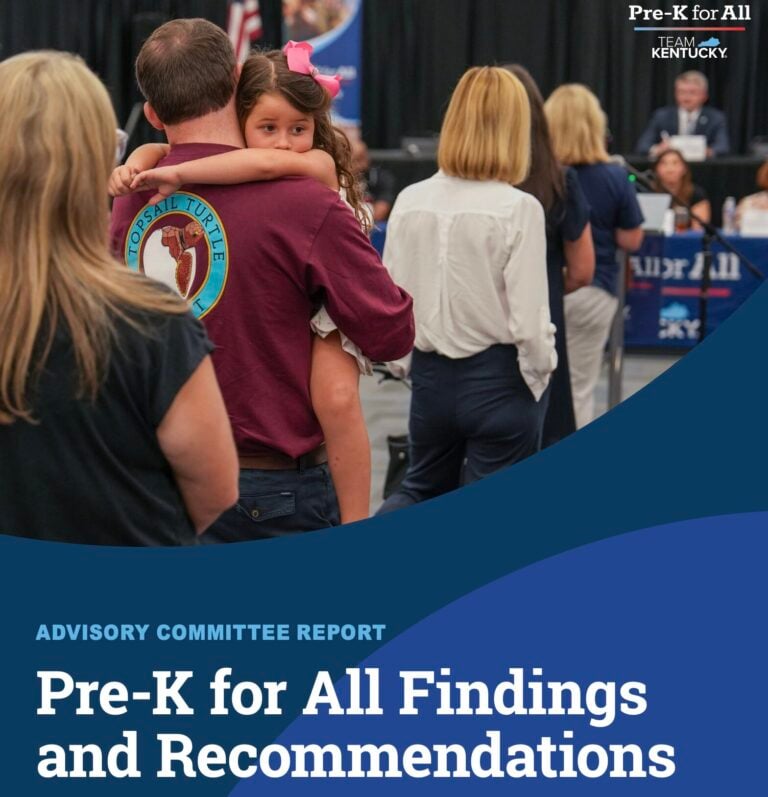By Melissa Patrick
Kentucky Health News
News about how the passage of what President Donald Trump calls the “Big, Beautiful Bill” will impact the Supplemental Nutrition Assistance Program and Medicaid abounds, with much of it continuing to voice grave concerns.
On Sunday, July 6, Gov. Andy Beshear appeared on CNN‘s “State of the Union” and called the law “devastating.”
“It’s the single worst piece of legislation I’ve seen in my lifetime, and it is a congressional Republican and presidential attack on rural America,” he said. “In my state alone, 200,000 people are going to lose their coverage. Those are 200,000 Kentuckians who deserve to see a doctor when they’re sick — 20,000 health care workers are going to lose their jobs, and we’ve got up to 35 rural hospitals that are typically the second biggest employer in their communities that may close their doors and what that means, is our economy takes a huge hit.

“And then, whether you have private insurance or Medicaid, if you live in rural America, you have to drive hours just to see the doctor who used to be in your community. It is awful, and that is before we even talk about the cuts to SNAP, which means that seniors and children will go hungry at night and wake up hungry in the morning. I cannot believe that Congress was willing to pass this, I mean, it’s awful.”
Linda Blackford, with the Lexington Herald-Leader, writes in an opinion piece about what the cuts to the SNAP program will mean to Kentuckians, noting that it will overwhelmingly hurt Eastern Kentucky.
She also notes that food pantries are already bracing for the cuts to funding that will come with the bill at a time when their numbers are already growing. Politico expands on this issue, noting that food banks are simply not ready to handle the influx of clients that will happen as these cuts are made. And Tracy Roof with The Conversation digs into the details of the cuts, along with a history of the SNAP program.
Many news outlets have gathered responses from Kentucky congressmen about the Big Beautiful Bill’s impact on health, including Jamie Lucke with Kentucky Lantern.
Lucke reported that Republican U.S. Hal Rogers, whose Appalachian district is one of the country’s most dependent on Medicaid — a program that about one-third of the state’s population relies on for health care — issued a statement that claims the law adds “integrity and strength to Medicaid and SNAP assistance for those who need it most in the years ahead.”
However, she reports that an analysis by KFF, a nonpartisan health research organization, “found that Kentucky will suffer the biggest hit of any state — a decline of $10 billion in Medicaid payments to rural providers over 10 years as 130,000 rural Kentuckians are expected to lose their Medicaid coverage.”
Further, she writes that the Kentucky Hospital Association has warned that the legislation would force massive layoffs, projected at a loss of 33,000 jobs as Medicaid underfunding will force hospitals to reduce services or even close.
Rogers, in his statement, pointed to a provision in the bill to help rural hospitals, including a $50 billion safety net for rural health care providers and a delay in the implementation of new provider rate tax rates to 2028.
Asked about this on CNN. Gov. Andy Beshear said this provision won’t help.
“Based on the massive cuts that are here, based on the fact that a rural hospital may have 40% or 50% of their revenue coming from Medicaid, this will not help to keep those doors open, and so what you’re going to first see are rural hospitals cutting specialties. You may have to drive several hours just to give birth in many parts of this country,” he said. “And just think about how the economic hit to these communities go. You lose 200 jobs from doctors and nurses and orderlies, and all of a sudden, the coffee shop does worse, the bank doesn’t have as many folks coming in. I mean, this is going to hit rural America right in the face.”
U.S. Rep. Brett Guthrie, a Republican from Bowling Green, stated his support for the Senate version of the bill, in a Politico story.
“We secured Medicaid for those who need it most: mothers, children, seniors and people with disabilities,” said Guthrie, who crafted the Medicaid provisions in the House. “Democrats continue to fearmonger and misrepresent what is in this bill.”
There is also concern about how the cuts to Medicaid will impact mental health. John Kirkpatrick reporting for The Owensboro Times that River Valley Behavioral Health warns that Medicaid cuts could dismantle health care across Western Kentucky.
Kentucky health departments have also voiced concern about the Medicaid cuts in the federal spending bill, WKYT-TV reports.
“Woodford County Public Health Director Cassie Prather says a significant number of people in the county depend on Medicaid and on the business end a third of the department’s revenue comes from Medicaid insurance and if patients stop coming through the door due to a lack of insurance their clinic is not going to be able to function,” WKYT reports.
Advocates also continue to sound alarms about the passage of the bill.
In a statement posted to social media, the Kentucky Center for Economic Policy called the bill’s passage “a shameful moment.”
“The bill will take health coverage and food assistance from hundreds of thousands of Kentuckians, the biggest such cuts in history,” the center’s post says. “It will increase hardship, worsen health and weaken our economy. And it does so to pay for just a portion of tax cuts that go overwhelmingly to the wealthy and powerful.”
Kentucky Voices for Health, which co-leads a coalition with KCEP called ThriveKY that has worked to inform Kentuckians about the impacts of the bill on Medicaid and other social services, said in a statement, “The bill’s unprecedented cuts to public programs, paired with burdensome administrative hurdles and a massive cost shift to the state budget, threaten the health and economic stability of our commonwealth. These changes disproportionately impact Kentucky and place our policymakers in an impossible bind: tasked with maintaining essential programs and services with a fraction of the resources they once had.”
Planned Parenthood Alliance Advocates CEO Jennifer Allen said in a statement that the bill’s passage “is the fiercest attack on Planned Parenthood yet.” The bill does not mention Planned Parenthood directly, but it bans Medicaid payments to large health care nonprofits that offer abortions.
“Congress just chose to give billionaires tax cuts over protecting people who elected them to govern with compassion and integrity,” she said. “They voted to gut cancer screenings, STI testing, and birth control access — putting millions at risk and deepening existing health inequities. Let’s be clear: This bill doesn’t cut costs — it cuts care. And every lawmaker who voted for it is on the chopping block.”

















